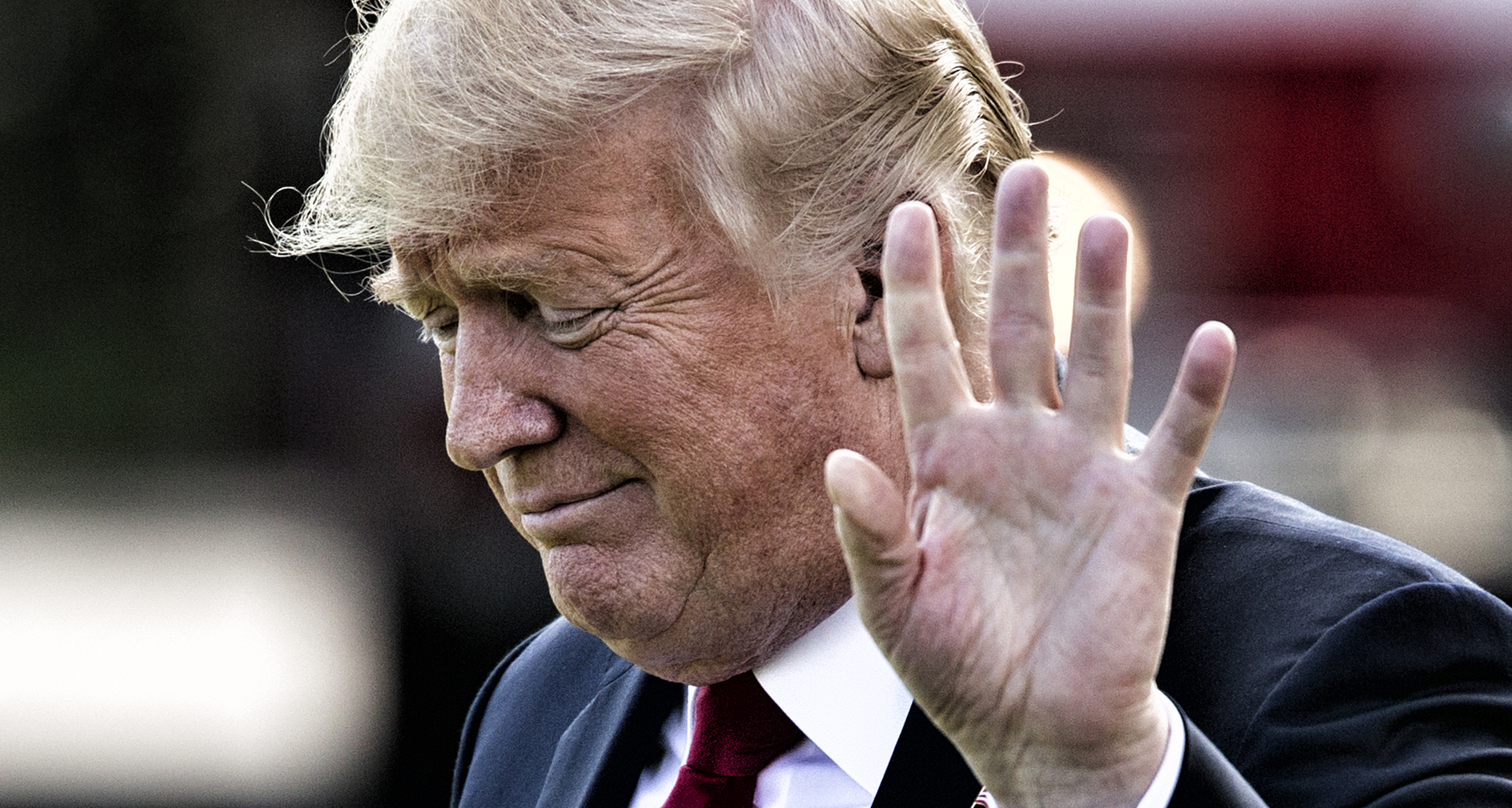For some time, the four horsemen of US macroeconomic policymaking have been taxation, regulation, trade, and infrastructure. Having studied the first in detail, I have found tax cuts to be a positive contributor to economic growth. Though I have considered the second area in less detail, the evidence suggests that regulation is, at best, only a minor contributor to growth. The third area is very important, which is why today’s trade tensions are so worrying. The fourth area exists only in rhetoric: an infrastructure program is currently not a part of the macroeconomic policy repertoire.
In the first area, I estimate that the 2017 tax legislation added 1.1% per year to the United States’ GDP growth rate for 2018 19. Of that, 0.9 percentage points reflected the reduced tax rate on individuals, whereas 0.2 percentage points derived from the rate cuts and improved expensing provisions for businesses. While the growth-enhancing effect of the tax cuts for individuals is not expected to continue beyond 2019, the impact of the corporate-tax reform will likely persist for some time to come.
As for the second horseman, there is some indication that the expansion of federal regulations has begun to taper off, after undergoing a long period of growth. As of 2017, RegData, which tracks the number of words relating to constraints on economic activity in the Federal Register, shows that new regulations have plateaued. The regulatory burden on business and economic activity is no longer rising, but it is not diminishing, either.
Likewise, the World Bank’s Doing Business profile for the US, which offers a broader measure of government regulation based on an average of ten indicators, show no recent progress. The US rose from eighth place in 2016 to sixth place in 2017 in the global ranking, only to fall back to eighth in 2018. And, putting aside relative performance, a cardinal representation of the underlying indicators shows virtually no change in the 2016-2018 period.
As many other economists have noted, US President Donald Trump’s trade policies are a major concern. The administration’s trade agenda is driven by the discredited mercantilist idea that selling stuff (exports) is good and buying stuff (imports) is bad. The irony is that Trump and some of his top trade advisers share this misguided view with the Chinese.
Indeed, the Trump administration is correct that the Chinese have long restricted imports and foreign investment (while engaging in technology theft, either directly or by compelling transfers). But the tit-for-tat exchange of import tariffs between the US and China over the past year is bad for both countries. Many assume that the trade conflict will hurt China more than the US, given that China exports far more to America than America exports to China. But the loss of Chinese imports will impose a major burden on the US economy.
Trump’s views on tariffs remind me of a speech that Ronald Reagan gave at Stanford’s Hoover Institution before he became president. Reagan argued that tariffs on steel and other goods were justified on national-security grounds. His reasoning, criticised by audience members, was almost the same as Trump’s today. Yet, to justify his tariffs, Trump has gone even further, equating national security with economic security. The best way to invalidate that argument on legal grounds, then, is simply to have an economist show in court why tariffs are bad for economic security.
The broader problem is that Trump seems to have a personal affection for tariffs, partly because he thinks they raise revenue, and partly because he thinks they raise GDP (by curbing imports, which are then magically replaced by domestic production). This challenge does not admit of an easy remedy. Some have called on Congress to reassert its authority over tariffs – at least by limiting the national-security argument. But this could have unintended long-term consequences, given that presidents since the 1930s have tended to be far more supportive of free trade than have members of Congress, each of whom represents the interests of a narrower constituency.
The hope now is that mutually harmful tariffs will lead to an agreement whereby China liberalises its trade policies, at which point import barriers will be removed. But though this – to add irony to irony – would benefit China more than the US, the situation is fraught, with uncertainty about the outcome fueling the volatility of global stock markets. And whatever happens with China, we still have to worry that Trump will impose tariffs on Mexico, Europe, Japan, and so on.
As for infrastructure, the potential benefits to US productivity from increased investment are real. Yet nothing has happened. The situation is best encapsulated by an April meeting between Trump and congressional leaders. According to media reports, Trump began by proposing to spend $1-trillion on infrastructure, whereupon the Democrats countered by suggesting $2-trillion. Trump apparently agreed to that with little hesitation. All in all, the exchange confirms, once again, that both parties have come to regard government spending as a free lunch, at least when it is financed by debt or the creation of new money. Perhaps it is actually for the best that “Infrastructure Week” never goes anywhere.
Given the state of US macroeconomic policy, it is not surprising that the Federal Reserve Bank of Atlanta’s latest GDPNow report forecasts second-quarter GDP growth of 1.3%, down from 3.1% in the first quarter. The 2017 tax reform would still be promoting economic growth if not for the escalating trade tensions. Sadly, a growth rate of close to 3% for 2019 no longer looks likely. BM
Robert J. Barro is Professor of Economics at Harvard University and a visiting scholar at the American Enterprise Institute. His latest book, with Rachel McCleary, is The Wealth of Religions: The Political Economy of Believing and Belonging.
© Project Syndicate 1995–2019





